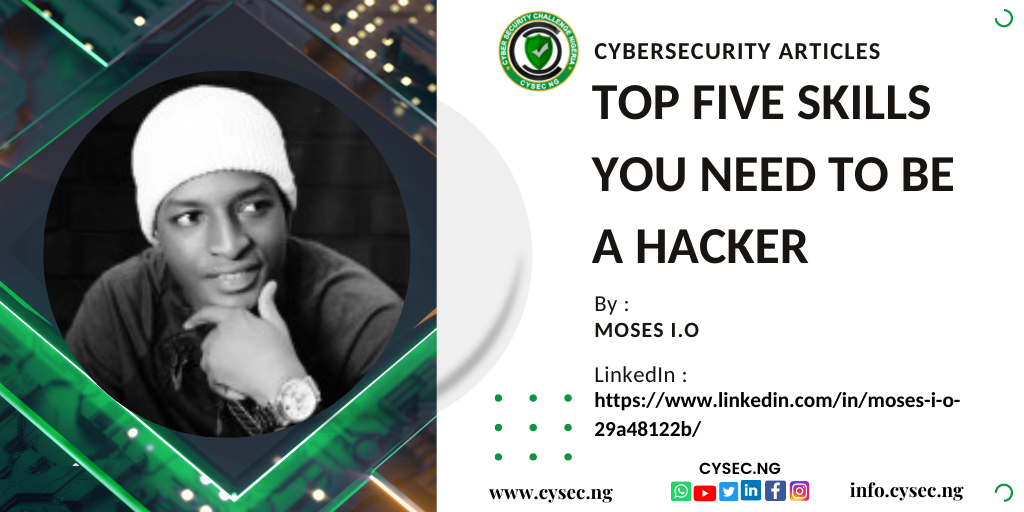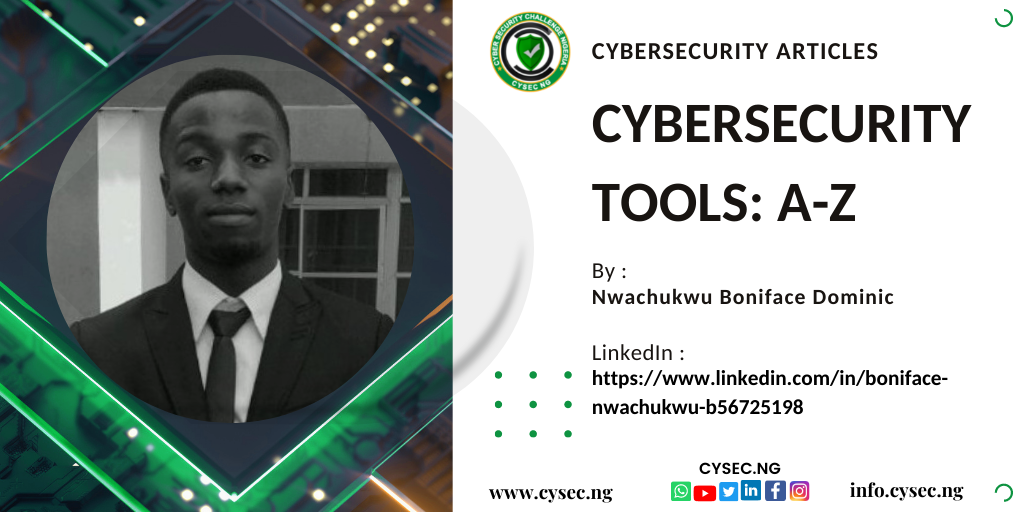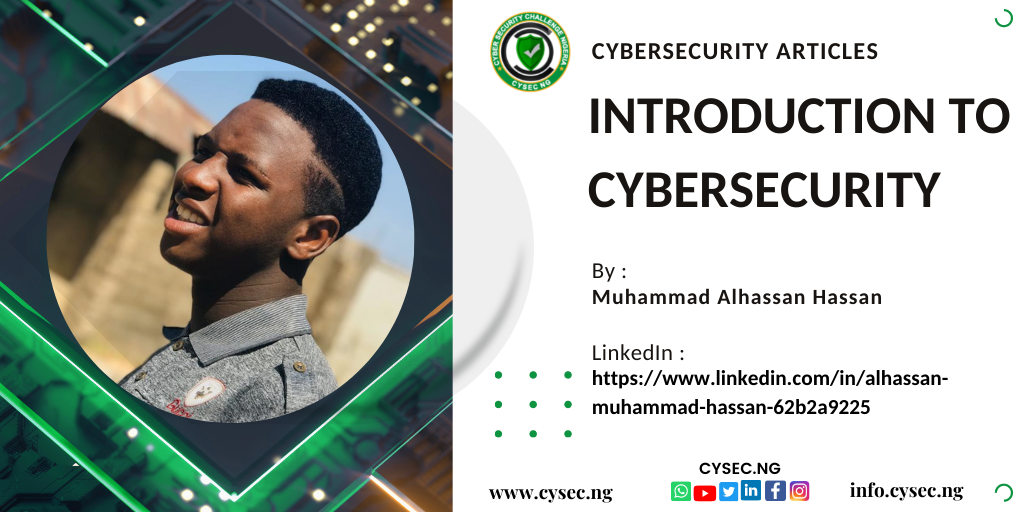You there! You want to be skilled in the ways of 0s and 1s, solve problems, maybe even help your grandma with her phone :), but you are being discouraged by the monetary costs of gaining this knowledge, I understand how it can be, but, the World Wide Web is the biggest collection of information in existence, and you, my fellow aspiring hacker, can access all of it with the device you’re reading this from. Arguments coming from your unconscious bias might say, “Free stuff doesn’t mean good” and you’d be wrong about that. Admittedly, paid courseware can be better than free ones, but the same thing applies to free resources. It would be sad that you pay for courses, and you get a lecturing style you don’t vibe with, a mentor isn’t being clear enough or risk being scammed.
Well, let’s get rid of those worries together! You’ve got the internet, but you wonder where to find these free resources… We’ll look at them in a particular order on what foundational skills you should use to kick-start your journey into becoming an elite hacker.
1.) I.T Skills, Basics

Can you build a computer, identify its part, troubleshoot issues, and find fixes for them? Well, I recommend having this skill. Helping people fix their hardware issues can be really helpful in building you up as an Ethical Hacker.
While this isn’t the only free resource that could help you in regard to this, I recommend Professor Messer’s free CompTIA A+ training:
https://www.professormesser.com/free-a-plus-training/220-1001/220-1000- training-course/
2.) Networking Skills

This is one of the most important skills to have as a hacker. Understanding the OSI model, ports and what services they normally run, TCP/UDP, IP addresses, etc. These are terms you should get familiar with, and the importance of it becomes much more clear as you progress into the Cybersecurity realm.
Learn about these terms and how they apply here for free:
https://www.professormesser.com/network-plus/n10-007/n10-007-training-course/
https://www.netacad.com/courses/packet-tracer
3.) Learn Linux
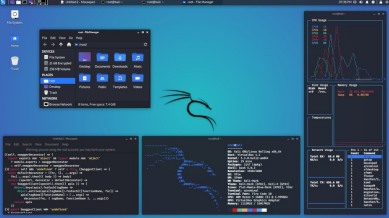
Linux, which I’m certain you might be familiar with, is often used in ethical hacking. I learned Linux by getting a particular Linux operating system called Linux Mint which I installed alongside my Windows OS (You can run it in a Virtual Machine). While it’s not a hacking operating system right out the box, it helped me understand the CLI (Command Line Interface).
Typically, hackers use Kali Linux or its competitor, Parrot Security OS, which is what I’m using it right now!
Linux is an entirely different OS from what you’re used to if you’re just learning about it, so I think you should take time understanding it, but of course, being guided would help:
https://www.edx.org/course/introduction-to-linux
4.) Scripting/Coding/Programming skills
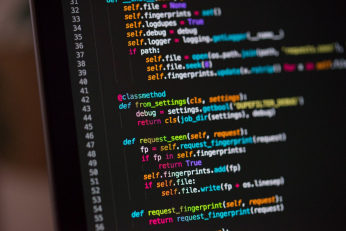
I recommend starting with Python 3. I started with some web dev languages like HTML & CSS, but that doesn’t mean much. Python is an easy programming language to learn and after that, learning others wouldn’t be so hard 🙂
Here are free resources to get started with:
https://www.freecodecamp.org/ (They also have a YouTube channel)
4.) Be Ethical
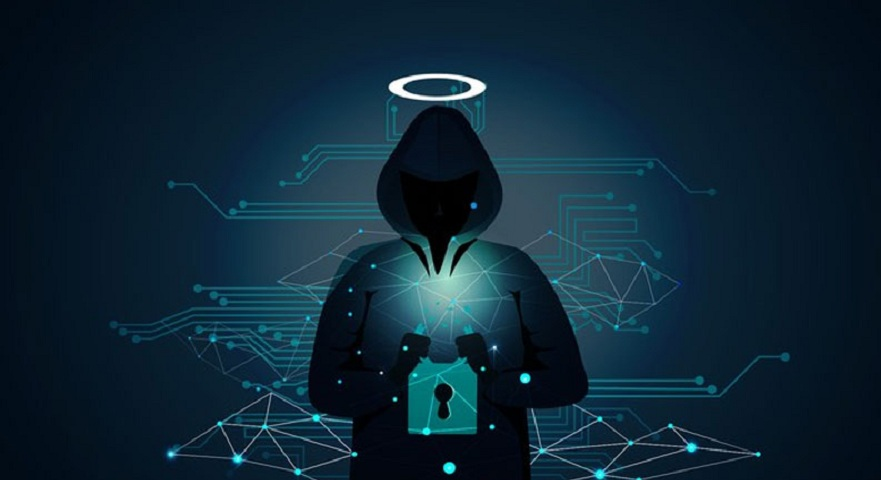
While it’s not a bad thing being a hacker or learning how to hack things gets really complicated depending on what you use your skills for. That is why being ethical in this field is of high importance. Just knowing how to hack doesn’t give you the authority to hack into other people’s devices or try to get into their devices without authorization. But being authorized means the customer trusts and has measures set in place in case things go wrong.
To have the authorization or the qualification to be called to hack a company’s facility you have to be certified necessary for people to acknowledge your skills and have the authorization you’re aiming for.
Some links to the companies that offer such certifications are:
https://www.comptia.org/certifications?level=cybersecurity
These 5 foundational skills are delicate and must be solid before jumping into the field. You’d be jumping in blind without these!
CONCLUSION
Your journey is about to begin, you know what to do, you have the basics. Get to it! I hope this article has been helpful to you, the future leader of the Cybersecurity field. Continue to study, hard work is key. Go outside of what you’ve been given, cross your intellectual boundaries. Get ready for a whole new experience!

